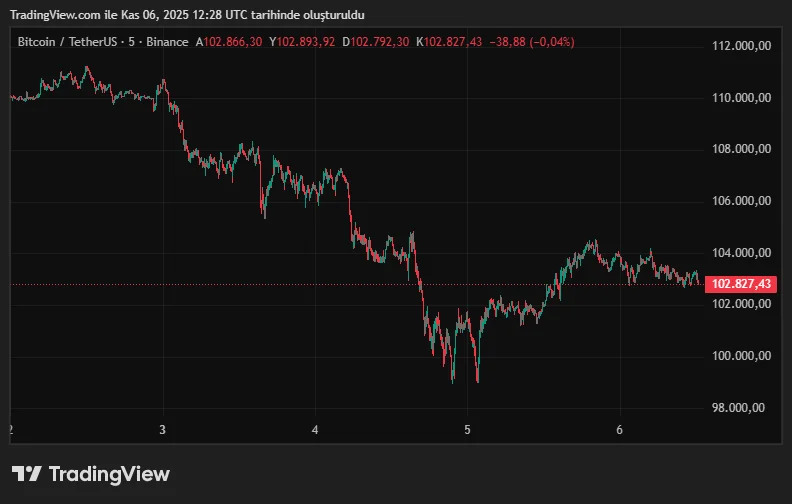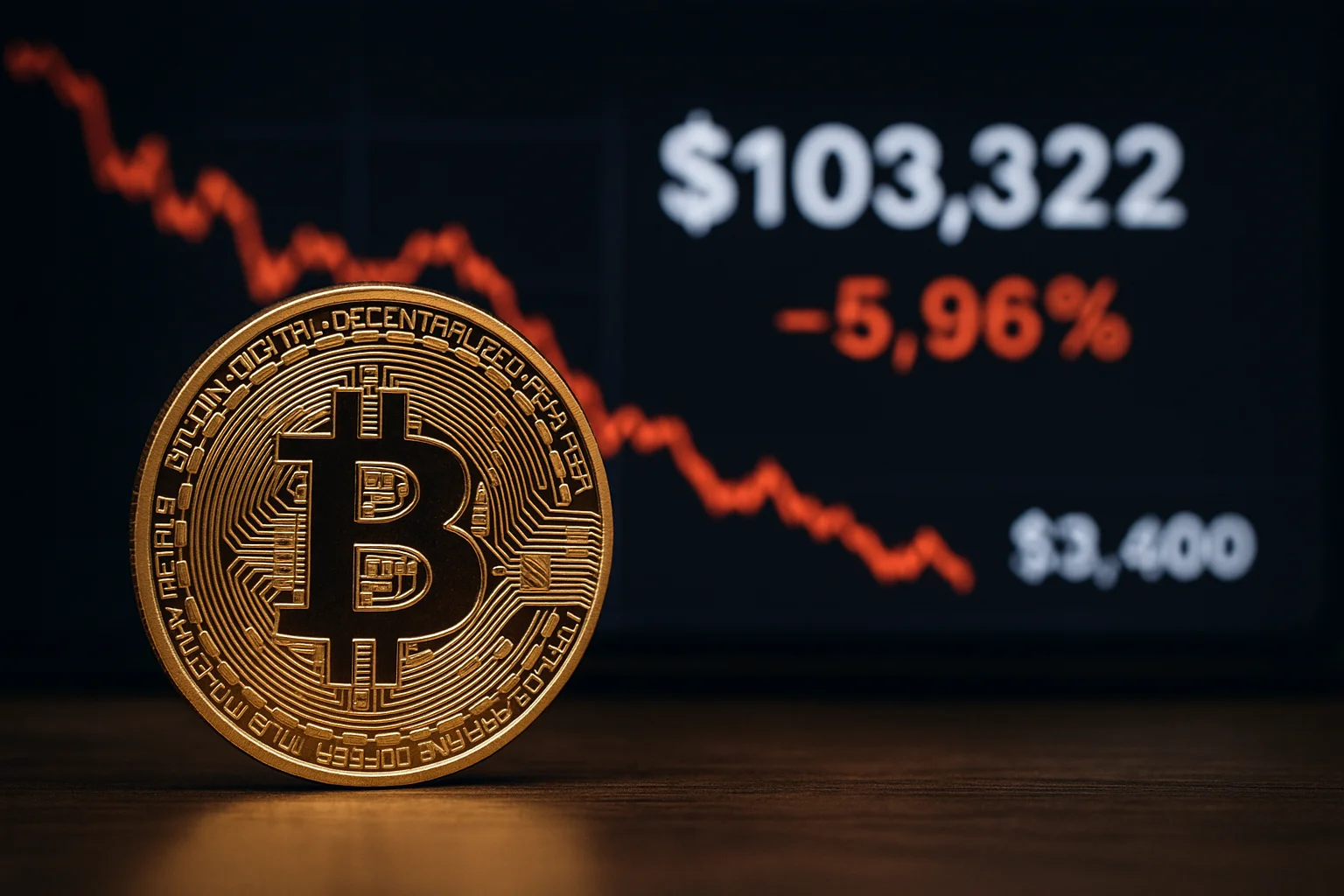Galaxy Digital, stating that the crypto market has entered a period of maturity with institutional participation, lowered its year-end Bitcoin (BTC) price target from $185,000 to $120,000 in its monthly report. Alex Thorn, the company's Head of Research, stated that Bitcoin has entered a "maturity period" where it is no longer driven by individual investors, but rather by large funds and ETF inflows. According to Thorn, while this doesn't completely end the upward trend, it signals the beginning of a period in which gains will progress more slowly.
Galaxy Digital Lowers Bitcoin Forecast
Galaxy Digital revised its forecast, particularly after the "flash crash" that occurred on October 10th. That day's sharp decline resulted in liquidations of approximately $20 billion, briefly dropping Bitcoin from $121,000 to below $105,000. This was recorded as the largest liquidation in crypto history. According to the company's analysis, long-term investors sold approximately 400,000 to 470,000 BTC during the recent downturn. These sales created supply pressures of between $43 billion and $50 billion, making it difficult for Bitcoin's price to recover. On-chain data shows the market losing momentum due to weakening spot demand and increased ETF outflows. Spot Bitcoin and Ethereum ETFs in the US saw over $1 billion outflow in just five days.
Galaxy also points to a shift in capital direction behind this trend. A significant portion of investors are now shifting to areas like artificial intelligence (AI) and gold. According to Thorn, while data center and AI infrastructure company stocks have risen rapidly in recent months, Bitcoin's speculative appeal has diminished. This shift is limiting the potential for a recovery in the crypto market.
Geopolitical tensions and the uncertain macroeconomic outlook are also causing investors to turn to safer havens. While gold has once again emerged as a hedge against inflation, capital outflows from digital assets continue. Thorn stated, “Even in a liquid environment, attention is a limited resource. This year, the investment focus has shifted from digital assets to the artificial intelligence sector.”
Galaxy Digital notes that Bitcoin spot ETFs haven't driven the market upwards permanently, but passive inflows from institutional and individual ETF investors have reduced volatility. This provides short-term stability but limits sudden price increases.
According to CryptoQuant analyst Julio Moreno, if the current selling pressure continues, the BTC price could fall to $72,000 in the short term. Moreno noted that the decline in spot demand and ETF outflows have been ongoing since the October crash.
While the price of Bitcoin fell below $100,000 at the beginning of the week, it has since recovered by more than 5% to around $103,000. Ethereum has also risen from $3,100 to $3,400. However, the market remains fragile as capital outflows from ETFs continue.

Galaxy Digital argues that Bitcoin's long-term fundamentals remain strong despite short-term pressures. "Market cycles are inherent to crypto assets," Thorn said. "This consolidation phase does not invalidate Bitcoin's long-term projections."




